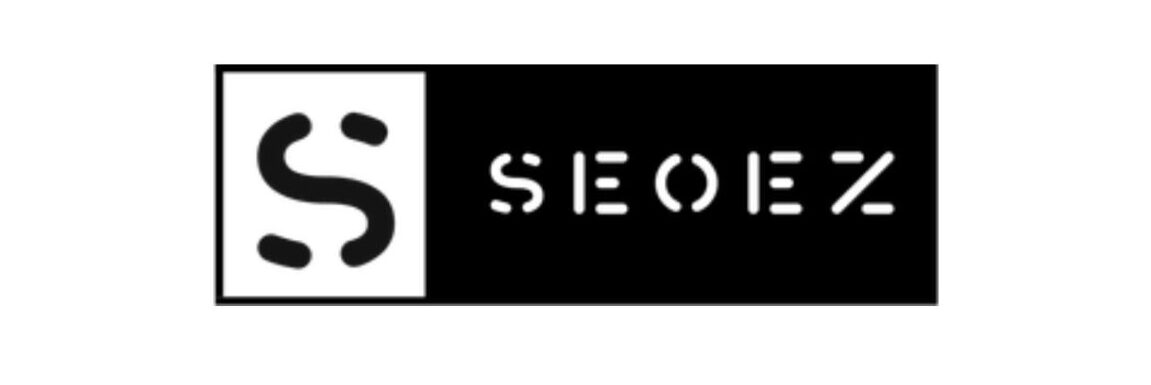A Shein pop-up store at ABC Serrano in Madrid, Spain, April 26, 2024.
Alejandro Martinez Velez | Europa Press | Getty Images
Shein, the fast-fashion giant with ties to China, has confidentially filed for a public listing in London after facing strong backlash in the U.S., a person familiar with the matter told CNBC.
The person was granted anonymity to speak freely about the discussions, which are private.
The company had confidentially filed for an initial public offering in the US in November, but began looking towards London after failing to win the support of US lawmakers.
US elected officials have repeatedly expressed concerns about the use of forced labor in Shein’s supply chain and the use of an exemption from US tax law known as de minimis. Under the provision, packages valued at less than $800 are not charged import duties and are not subject to the same levels of oversight by U.S. Customs, which is tasked with inspecting packages to ensure items from restricted regions do not enter in place.
Shein would still prefer to go public in the U.S., people familiar with the matter previously told CNBC, and his filing in London does not mean an IPO will happen there. Shein had previously sought China’s approval to go public in the US. It is unclear whether Beijing has signed the list in London.
Shein declined to comment to CNBC.
Reuters first reported that Shein had filed confidentially in London.
Shein, which was founded in China, has gone to great lengths to position itself as a “global” company, moving its headquarters to Singapore in 2021. However, the vast majority of its supply chain is still based in China, and the fact that it had to seek Beijing’s approval to go public in the US, means that regulators there see it as a Chinese company – and can exercise control over its operations and data.
Shein’s announcement in London marks another twist in the company’s long road to a public markets debut. It burst onto the US fashion scene during the Covid-19 pandemic and won over consumers with its ability to quickly deliver the latest styles at low prices. It has been a thorn in the side of US-based competitors, who have ceded market share to the digital startup and struggled to catch up to its speed.
As Shein’s prominence in the US grew, so did his ambitions to go public. She began waging a US charm offensive as she sought to win the approval of lawmakers and the retail industry, but these efforts have yet to succeed. Shein has applied for membership in the National Retail Federation, the industry’s largest trade association, several times and has been repeatedly rejected, CNBC reported.
It has found itself caught in the crossfire of a tense geopolitical rivalry between the US and Beijing. US lawmakers, concerned about the impact companies with Chinese ties could have on the US economy, increased their scrutiny of Shein after it went public. Several federal and state elected officials have called on the U.S. Securities and Exchange Commission to block the company’s listing because they say it would violate a U.S. law that prohibits imports of products made in the region. Xinjiang in China, where the government has faced accusations of genocide against the Uyghur ethnic group.
Shein has admitted to CNBC that raw materials from banned regions have been found in its supply chain, but previous tests show it has done a better job, on average, of removing such materials from its clothing than industry in general.
In May, The Wall Street Journal reported that Shein was considering an IPO in London after the SEC told the retailer that its listing would not be accepted unless it went public — a request that experts told the Journal was unusual. Typically, companies file to go public confidentially so they can protect sensitive information about their operations and finances while regulators review the file.
However, Shein’s chief executive insisted that his ambitions to go public are about transparency, not raising capital.
“Most companies seek to go public for liquidity reasons,” Donald Tang told the Journal. “We seek to go public to embrace public scrutiny and care.”
— CNBC’s Sara Salinas contributed to this report.
